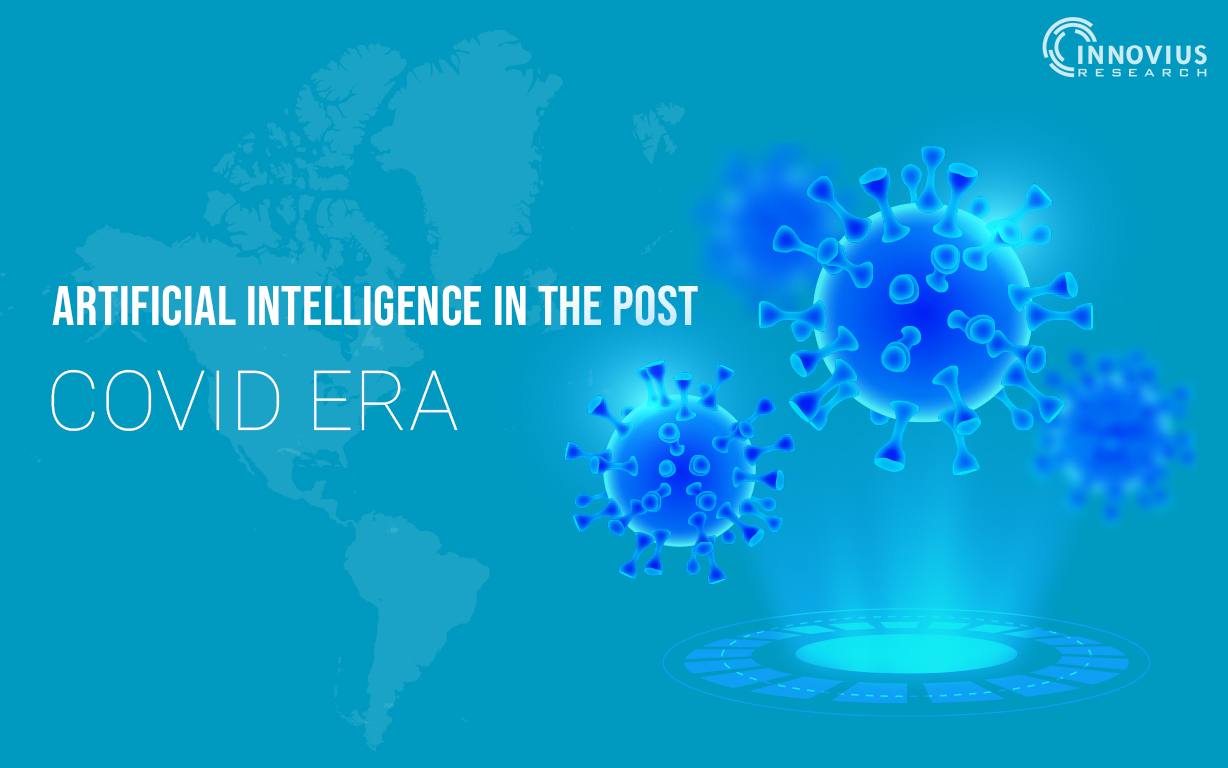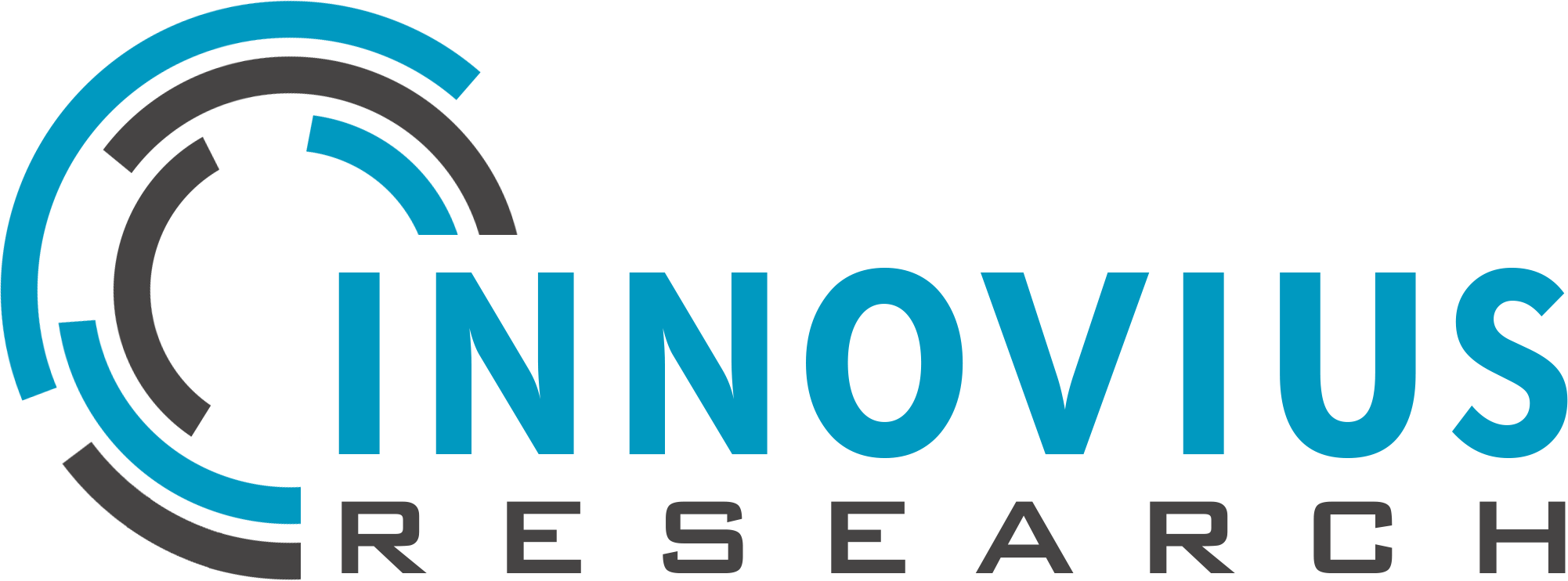
Artificial Intelligence in the post COVID Era
Industries that make bold moves during the time of a crisis can change adversities to opportunities. The COVID 19 pandemic will accelerate several trends that were already underway before the outbreak, and the Fourth Industrial Revolution, or the Artificial Intelligence Era as it is referred to, has already been experienced in the production of goods and services.
The need for social distancing for the months to come will see millions of students using ed-tech apps and online tools to attend classes, consumers will purchase groceries using apps and payments will be made using fintech platforms. AI, Big Data, cloud computing Machine Learning, and 5G is no more future talk, it is here and a part of our existence now.
Following are a few ways in which AI is continuously paving a way for itself among different sectors.
Catching up with changing consumer patterns:
The pandemic has drastically changed consumers’ consumption patterns, as more people are purchasing food and beverages online. Online food delivery app Swiggy has been a deep-learning app to ensure that delivery partners wear masks on a regular basis. The delivery partners must post a selfie wearing the mask every time they log into the system and start taking orders. The algorithm does not allow partners without masks to log-in. This algorithm has been at the core of allowing Swiggy to function at lightning-fast speeds. Amazon has ramped up its fulfillment capacity and Movies are being released digitally to comply with lockdown guidelines. Fitness companies like Cure.fit and Peloton have launched home fitness services.
Companies are interested in matching their supply with the demand, and their success in doing so using AI will be critical coming out post-crisis. AI helps companies to hyper-personalized, hence improve their sales. Starbucks ’ Deep Brew platform makes coffee suggestions based on the time of the day, the current weather, and customer’s previous purchase.
Staff supply and demand
Employees will need to self-isolate during the COVID-19 outbreak. Flexible working arrangements and on-demand labor will become more common. Companies that employ AI tend to be built around agility and modularity and they are at a higher chance of mitigating disruptions and staying competitive. For instance, Upwork is an AI-enabled platform that connects freelancers to employers. Google’s Kaggle helps machine learning practitioners and data scientists to solve data challenges online.
AI powered cognitive assistants can perform company’s back office tasks such as issuing refunds, cancelling orders and ordering new credit cards. Only when the task is too complex for the cognitive assistant, it is handed over to human agents. This ensures that time and effort is spent on only the most challenging tasks. Though companies claim to use AI to free its employees for more creative work, the COVID 19 crisis may lead to severe recession in many countries, in which case, AI will replace workers.
Artificial intelligence to solve health crisis
A number of applications have shown how AI and automation can fight against COVID-19. Canada-based start-up developed Blue-dot, a software that tracks and reports the spread of the virus. Another Canadian start-up Stallion.ai is using chatbots to answer COVID-19 related questions, provide information, recommend prevention measures, and monitor symptoms. Babylon Health is a chatbot that can translate layman’s language into medical terminology and can help diagnose patient’s issues.
All over the world, the medical staff is extremely busy and heavily understaffed. Automated processed robot-advisory services not only help record patient information but also reduces face-to-face interaction that goes a long way in reducing the risk of infection.
AI is being used for fever detection and face recognition as well. This is being put to use in airports and border controls. It is imperative to instantly detect people who have fever, restrict their movement, and put them in quarantine centres. Disinfection of goods and rooms can be done without human participation with the help of Robots, Internet of Things and AI. Startups like UVENTIONS have made this possible.
Companies will continue to produce and make profits during these trying times, and for that, they have to embrace AI and automation. Several questions are yet unanswered such as, how reliable is AI in the larger scheme of things? Which processes can be automated? Moreover, what happens to the employees that are replaced by AI? It is however important to remember that AI is the closest shot to bringing economies back on track in a post- COVID world.

